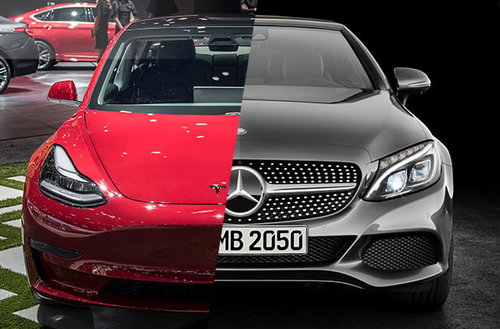The setting of a net-zero target by the Biden Administration was the first step toward decarbonization of the energy system and industry. But having a target is the easiest part of America’s energy transition. Now comes the much more difficult part of making all those proposals and ideas for a greener future work.
Emissions reduction, decarbonization of the U.S. power grid by 2035, and increased electrification in the transportation and buildings sectors will require an enormous amount of investment from industry as well as government support.
The challenges will be not only to raise trillions of U.S. dollars of investment—the sooner the better—but also to change consumer perception about electric vehicles (EVs) and space heating, for example, as well as persuade communities to host exponentially growing solar and wind power generating facilities.
The U.S. is woefully unprepared to handle “the electrification of everything,” as Amy Myers Jaffe, a research professor at Tufts University’s Fletcher School, describes the drive to electrify transportation and buildings and parts of industry in The Wall Street Journal. --->READ MORE HEREAn Inconvenient Truth: EVs May Offer A "Negligible" CO2 Difference From ICE Vehicles:
Are the carbon footprints of EVs really as drastically lower than that of internal combustion engine vehicles? When considering the amount of carbon and CO2 created from assembling lithium ion batteries, one firm thinks the difference could be "negligible"
Such was the topic of a new blog post by natural resource investors Goehring & Rozencwajg (G&R), a "fundamental research firm focused exclusively on contrarian natural resource investments with a team with over 30 years of dedicated resource experience."
The firm, established in 2015, posted a blog entry entitled "Exploring Lithium-ion Electric Vehicles’ Carbon Footprint" this week, where they call into question a former ICE vs. EV comparison performed by the Wall Street Journal and, while citing work performed by Jefferies, argue that there could literally be "no reduction in CO2 output" in some EV vs. ICE comparisons.
Their analysis "details the tremendous amount of energy (and by extension CO2) needed to manufacture a lithium-ion battery." Because a typical EV is on average 50% heavier than a similar internal combustion engine, the analysis notes that the “embedded carbon” in an EV (i.e., when it rolls off the lot) is therefore 20–50% more than an internal combustion engine. --->READ MORE HERE
If you like what you see, please "Like" us on Facebook either here or here. Please follow us on Twitter here.



No comments:
Post a Comment